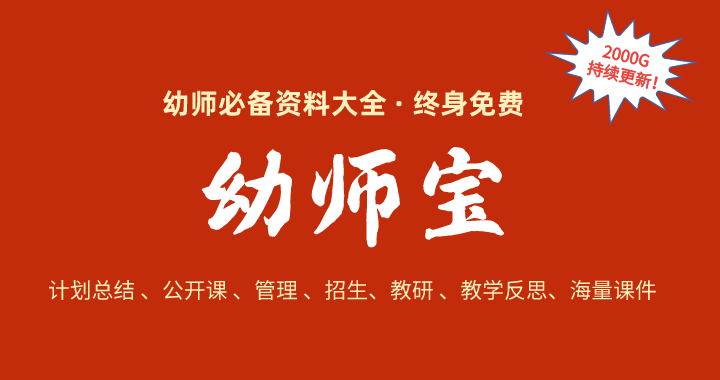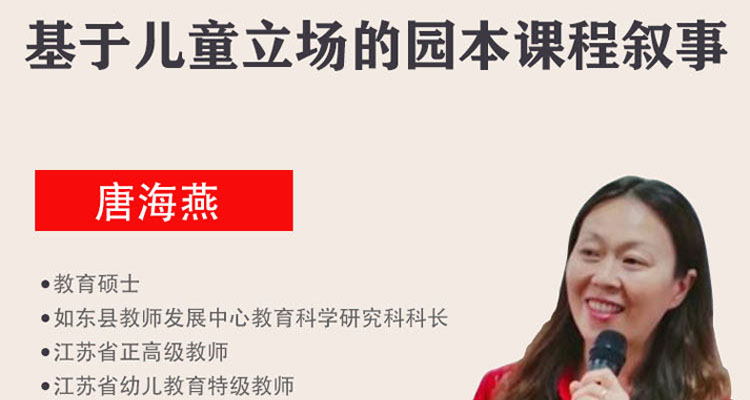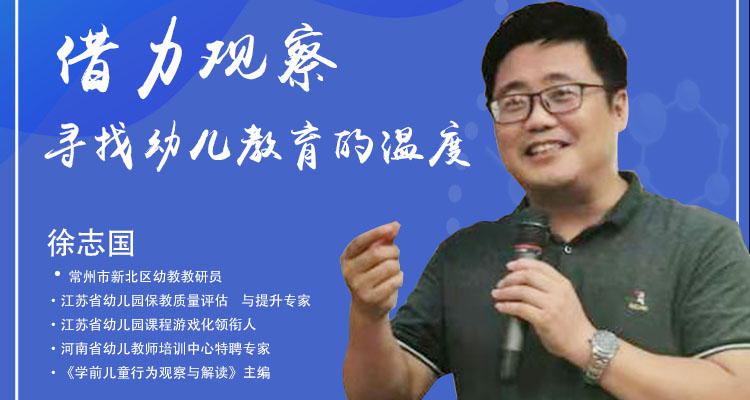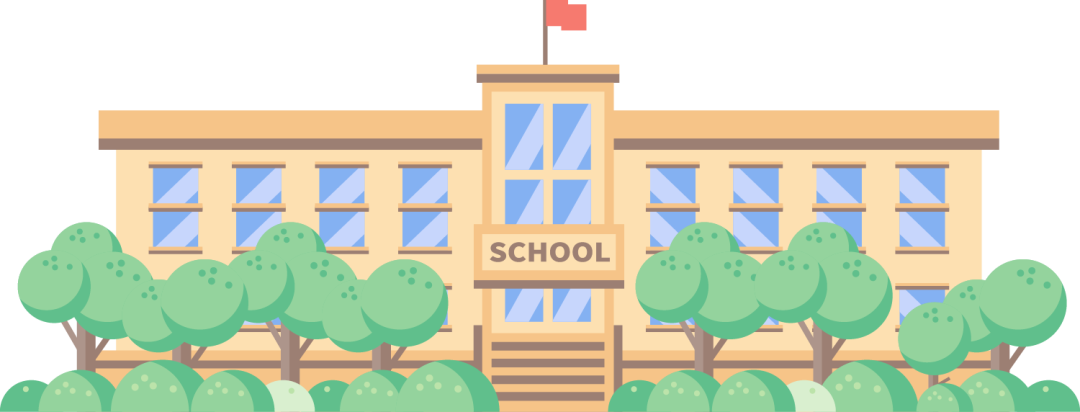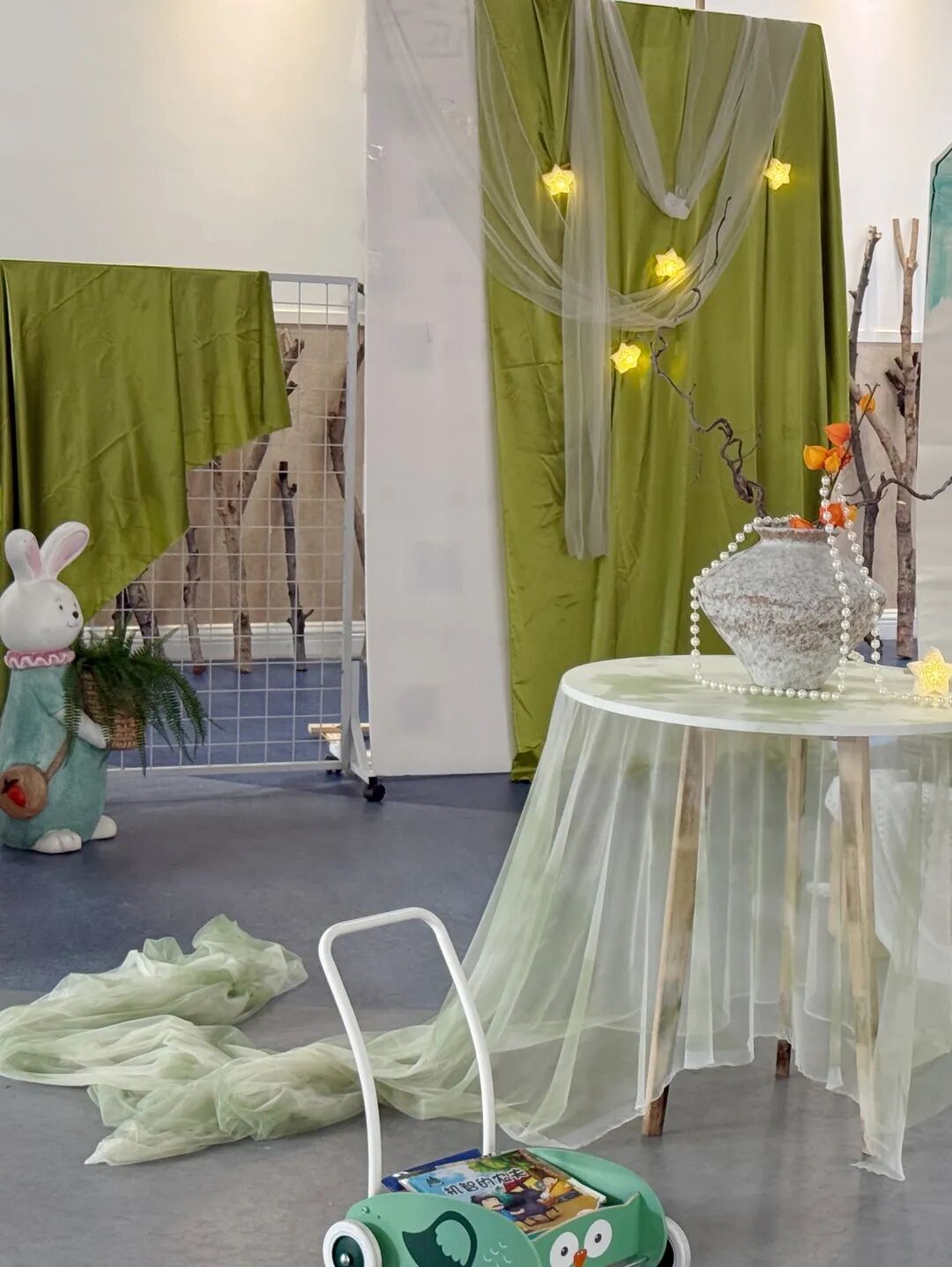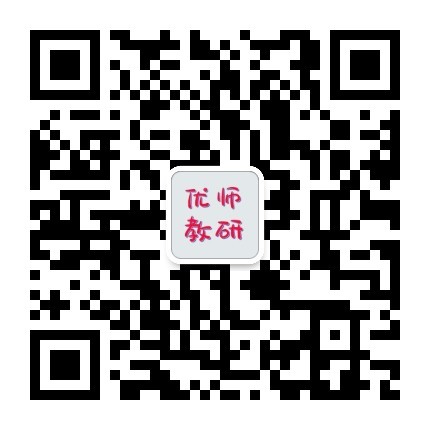记西南大学继续教育研究院赴苏州宋幼开展专题研
Play-Powered Development: Evidence-Based Exploration of Curriculum Gamification and Interdisciplinary Academic Discourse
2025年4月15日,西南大学继续教育学院60余名幼教骨干走进苏州工业园区宋庆龄幼儿园,围绕“课程游戏化”开展专题研修,重点探讨“自主游戏”与“深度学习”的实践路径。
On April 15, 2025, over 60 early education professionals from Southwest University’s College of Continuing Education visited Suzhou SIP Soong Ching Ling Kindergarten for a thematic seminar on “Curriculum Gamification”. The event centered on exploring practical pathways for implementing “Autonomous Play” and “Deep Learning” in pedagogical practice, with participants engaging in substantive discussions about game-based instructional strategies and mechanisms for cultivating children’s higher-order thinking.
在沉浸式观摩环节,老师们走进各游戏区,重点观察“低结构材料投放”如何激发幼儿的自主探究以及教师如何通过游戏化课程设计支持幼儿的深度学习。草坪上,“空气炮”、“静电水母”、“迷你热气球”、“光能幻影瓶”……有趣的科学实验引发孩子们自主操作的好奇;沙池区的“科技城堡”中,积木的堆叠不仅是简单的建构游戏,更是空间思维和工程意识的萌芽;“梦幻星球”运动区,教师巧妙地将动作发展与主题情境相融合,孩子们在体能大循环中体验着“星际探险”的乐趣;“户外露营”区,孩子们有的“烤串”,有的“篝火做饭”,生活经验的迁移在这里自然而然地发生;木工坊、科探室、小厨房、创意室……每个场域都是孩子们自主探索的实验室。他们专注的眼神、灵动的创意和欢快的笑声正生动地诠释着“做中学”的深刻内涵。
During the immersive observation session, educators delved into various play zones to investigate how “low-structured material deployment” stimulates children’s autonomous inquiry, and how teachers scaffold deep learning through gamified curriculum design. On the lawn, intriguing scientific experiments such as “Air Cannon” aerodynamics explorations, “Electrostatic Jellyfish” physics demonstrations, “Mini Hot Air Balloon” thermodynamics activities, and “Optical Illusion Bottles” light experiments ignited children’s investigative curiosity. In the sandpit’s “Techno Castle”, block stacking transcended basic construction play to nurture spatial reasoning and engineering awareness. The “Fantasy Planet” movement zone integrated motor skill development with thematic scenarios, where children engaged in “interstellar adventures” through obstacle course challenges. At the outdoor camping area, role-playing activities like “barbecue grilling” and “campfire cooking” facilitated natural transference of life experiences. Specialized spaces including woodworking studios, science labs, mini-kitchens, and innovation workshops served as experimental hubs for self-directed exploration. The children’s focused gazes, creative problem-solving, and joyful interactions vividly embodied the pedagogical essence of “learning by doing”.
基于理论与实践的双向对话,苏州宋幼葛莉瑾老师结合多元案例,通过《我的游戏我做主》的专题分享,表达“游戏不是课程的装饰,而是课程的本质形态”的观点。深入浅出地阐释课程游戏化的四大核心要素“自由、自主、愉悦、创造”与深度学习的内在关联及支持策略。老师们在理论与实践的交织中,共同把握自主游戏的内涵本质,探索课程游戏化的实施路径。
Through a dialectical interplay of theory and practice, Ms. Ge Lijin, an early education specialist from Soong Ching Ling Kindergarten in Suzhou, delivered a seminal lecture titled Child-Centered Play Dynamics. Systematically unpacking the proposition that “games are not mere curricular embellishments but constitute the ontological form of curriculum itself”, she illuminated through multidimensional case studies the intrinsic connections between the four cardinal principles of curriculum gamification—freedom, autonomy, enjoyment, and creativity—and the cultivation of deep learning competencies. The presentation operationalized these theoretical constructs through concrete scaffolding strategies, including differentiated instructional supports and dynamic observation protocols. By interweaving conceptual frameworks with practical exemplars, participating educators collectively deconstructed the epistemological essence of self-directed play while mapping actionable implementation pathways for curriculum gamification, thereby establishing a robust praxis-oriented paradigm for pedagogical innovation.
当教育真正回归儿童立场,自主游戏便成为支持幼儿主动探究、经验建构与深度学习的自然途径。此次研修活动,苏州宋幼与幼教同仁们通过实践交流和经验分享,共同探讨专业话题,在相互启发中促进专业成长,携手推动学前教育质量提升。
When education authentically embraces child-centered pedagogy, self-directed play naturally emerges as a powerful conduit for fostering children’s self-initiated inquiry, experiential knowledge construction, and deep learning. This professional development initiative witnessed Soong Ching Ling Kindergarten collaborating with early education practitioners through practical dialogues and empirical knowledge sharing. Participants collectively engaged in professional discourse, synergistically fostering pedagogical advancement through reciprocal intellectual stimulation, ultimately collaborating to elevate the quality of early childhood education through evidence-based practice refinement.

